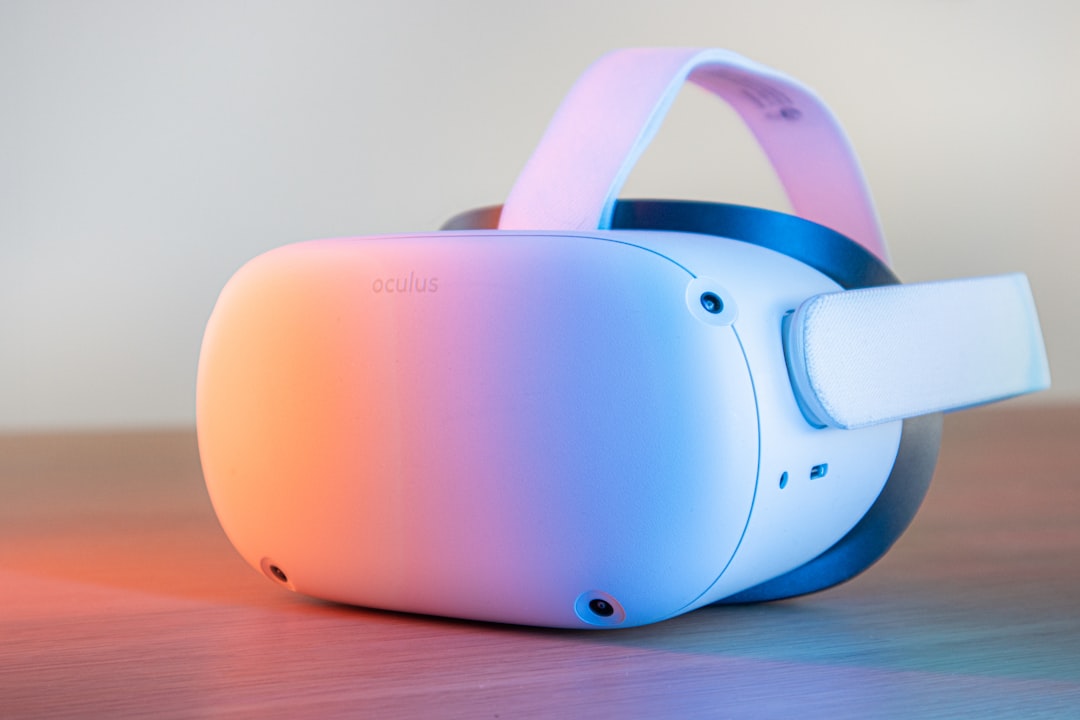status: past project
institution: university of floridaGetPrepd is a web application to help patients with serious mental illnesses be more active in their treatment. GetPrepd features a number of virtual providers, or computer characters who serve as sources of health information. These virtual providers can chat with patients to identify what is or is not working well with a patients’ medication or what questions a patient may have about their medication.
Skills Applied
- Remote usability testing
- Web development (JavaScript)
Problem
GetPrepd is designed for patients with serious mental illnesses who require medication for treatment. Under normal circumstances, access to this target audience is limited, and the pandemic further compounded this accessibility issue. However, when I joined this project in the summer of 2020, the GetPred web application had been under development for nearly a year and was ready to be evaluated in terms of its usability. I was tasked with identifying a method to begin usability testing and conducting some initial work to evaluate the feasbility of my method. In addition, I was also charged with making the web application responsive, as much of the initial prototype had been hardcoded for the team’s specific testing device.
Stakeholders
Primary End Users: patients with serious mental illnesses who require medication, healthcare providers of these patients
Stakeholders: the psychology researchers who are the primary investigators of GetPrepd
Stakeholders: the psychology researchers who are the primary investigators of GetPrepd
Roles and Responsibilities
I continued web development of GetPrepd over the summer of 2020 to make it responsive. I also proposed conducting usability testing on PlaybookUX as a solution to conducting remote usability research in the midst of the pandemic. I developed the unmoderated testing protocol and deployed it on PlaybookUX to an initial sampling of 2 users.
Scope
Some of the constraints of this project was the monetary expense of usability testing and the generalizability of findings from a more general testing audience. At the time of this project, many of the commercially available remote user research products required enterprise licensing. These products would also recruit more participants than the GetPrepd psychology wanted, as we were looking for a small initial sample to evaluate whether a general audience (i.e. participants potentially without mental illness that requires medication) would provide the usability feedback the team was looking for. Based on these constraints, I identified PlaybookUX as the research product to use, as it would allow us to conduct unmoderated testing with our own protocol while also letting us recruit participants as needed.
Process
Usability Testing
Initially, I began by researching different remote UX products to determine the best fit for our project, and through this process, I identified PlaybookUX. Then, after discussions with the GetPrepd psychology team and testing the web application myself, I drafted an initial protocol to use for sessions on PlaybookUX.
The psychology team was mainly looking for feedback on the flow of the conversation and the participant’s path through the application, so I chose to develop an unmoderated session that was somewhat guided by prompts to follow each “branch” of the virtual provider’s conversation. A recording of one of the conducted sessions is provided below. This session features the non-responsive version of the web application before I began development.
Initially, I began by researching different remote UX products to determine the best fit for our project, and through this process, I identified PlaybookUX. Then, after discussions with the GetPrepd psychology team and testing the web application myself, I drafted an initial protocol to use for sessions on PlaybookUX.
The psychology team was mainly looking for feedback on the flow of the conversation and the participant’s path through the application, so I chose to develop an unmoderated session that was somewhat guided by prompts to follow each “branch” of the virtual provider’s conversation. A recording of one of the conducted sessions is provided below. This session features the non-responsive version of the web application before I began development.
Responsive Development
To make the web application responsive, I integrated the Bootstrap JavaScript framework into the existing project. A playlist documenting my progress in this development over the summer of 2020 is provided below.
To make the web application responsive, I integrated the Bootstrap JavaScript framework into the existing project. A playlist documenting my progress in this development over the summer of 2020 is provided below.
Results
- PlaybookUX participants were determined to be an appropriate audience to provide feedback on the conversation and flow of the GetPrepd application.
- PlaybookUX participants identified several avenues for new research questions, such as including names for the virtual providers, as well as highlighting a need to revisit the audio for the virtual provider, which the participants felt was awkward.

